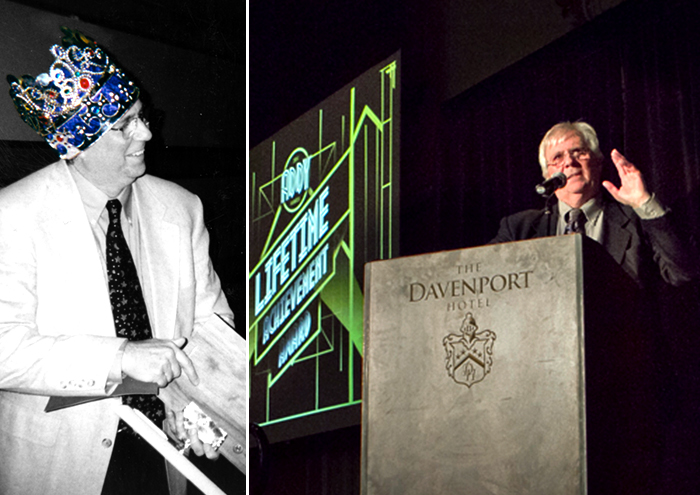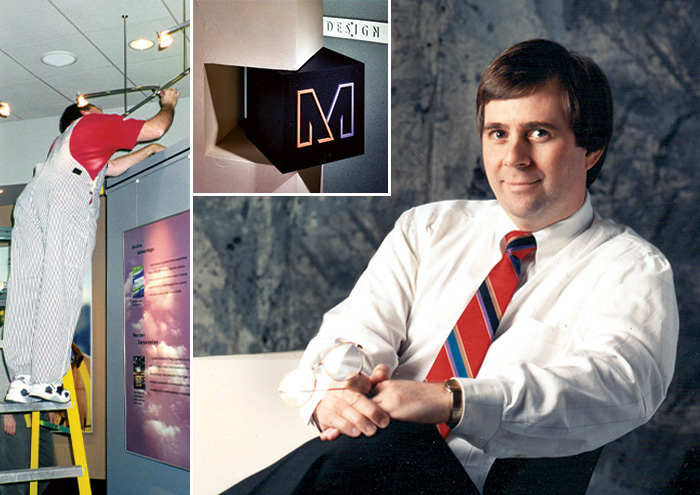The subhead of this article says it all: “What began as an attempt at a simpler life quickly became a life-style brand.” If you still harbor romantic notions of social media as anything other than pure, unadulterated fakery, you need to stop what you’re doing—right now—and read the whole thing. I mean, check this out:
The collapsing distance between brand and life has led to social-media influencing, in which advertisers pay for endorsements from people with strong online followings. Celebrity endorsements aren’t new, of course, but influencer marketing expands the category of “celebrity” to include teen-age fashionistas, drone racers, and particularly photogenic dogs.…Accounts with between fifty thousand and two hundred thousand followers are considered “microinfluencers,” and tend to have higher engagement rates—that is, a larger share of their followers like, favorite, or comment on their posts—than those with millions of followers.…One study estimated that the social-media-influencer market was worth five hundred million dollars in 2015; the market is expected to increase to at least five billion dollars by 2020.
Not that there’s anything wrong with that. It’s just that at least one of these “social-media influencers” is lying to you:
Smith had a particular image in mind: King sprawled in the back of the van, reading a book about Ayurveda with Penny nestled next to her, and an “Outsiders” decal featured prominently on her laptop. As Smith shot from the front seat, King tried a few different positions—knees bent; legs propped up against the window—and pretended to read the book. “Sometimes it’s more spontaneous,” she said apologetically.
“It’s about storytelling, and when you’re telling a story it’s not always spontaneous,” Smith said. “Lift your head up a little bit more, look like you’re reading.”
King positioned Penny at her feet, but the dog kept moving, distracted by grebes bobbing on the waves. Smith grew frustrated by the strong contrast between the dim van interior and the bright ocean beyond. King attempted to placate him. “Corey, this is O.K., this is O.K., this is fun,” she said.
After more than half an hour, Smith got a shot he was satisfied with. The next day, as he drove in the rain to Los Padres National Forest, King sat in the back and fixed the overexposed ocean in Photoshop. The post, when it went up, looked cozy and relaxed. King added a long caption, about how living in the van had made her reconsider what “work” actually means. “I no longer define work by money, instead seeing it as our focused action collectively creating our world,” she wrote. “Currently my work is storytelling and aligning with companies supporting our lifestyle and Earth.”
“Such a beautiful lifestyle,” one commenter wrote. “This looks like heaven,” another said.
I know, I know: lying in advertising isn’t new. It’s just that this seems so much more, I dunno…brazen.
posted by: Aaron Bragg | category: random thoughts | make a comment





